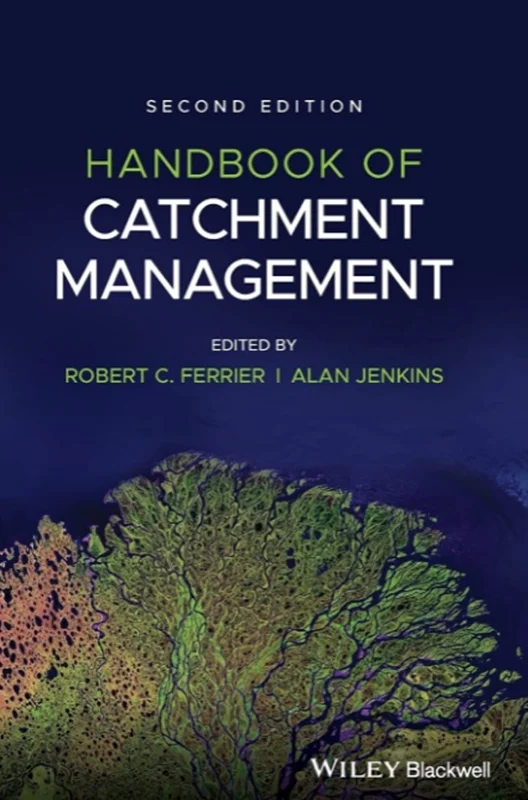Handbook of Catchment Management
Robert C. Ferrier, Alan Jenkins | 1119531225, 978-1119531227, 9781119531227, B098KPZCZ5
PDF 2021
In 2010, the first edition of the Handbook of Catchment Management provided a benchmark on how our understanding and actions in water management within a catchment context had evolved in recent decades. Over ten years on, the catchment management concept is entering a new phase of development aligned to contemporary and future challenges. These include climate change uncertainty, further understanding in ecological functioning under change, the drive for a low-carbon, energy efficient and circular society, multiple uses of water, the emergence of new pollutants of concern, new approaches to valuation, finance and pricing mechanisms, stewardship and community engagement, the integration of water across the Sustainable Development Goals (SDG) and the link between water, energy and food. These developments are framed within an increasingly data rich world where new analytics, sensor technology and processing power are informing increasingly real-time decision making. The challenge is also to increase cross-compliance and policy integration to meet multiple stakeholder objectives, and to link actions to achieve cost-effective outcomes. In addition, there are a number of new and exciting city, region and basin-scale real-world examples of contemporary and new catchment thinking; integrating science, technology, knowledge and governance to address multiple drivers and complex problems from across the globe. The time is now right, to capture the new challenges facing catchment management and water resources management globally.
This revised and updated edition of the Handbook of Catchment Management features:
•Thoroughly rewritten chapters which provide an up-to-date view of catchment management issues and contexts
•New case study material highlighting multi-sectoral management in different globally significant basins and different geographical locations
•Up-to-date topics selected for their resonance not only in natural sciences and engineering, but also in other fields, such as socio-economics, law and policy
The Handbook is designed for a broad audience, but will be particularly useful for advanced students, researchers, academics and water sector professionals such as planners, consultants and regulators.


